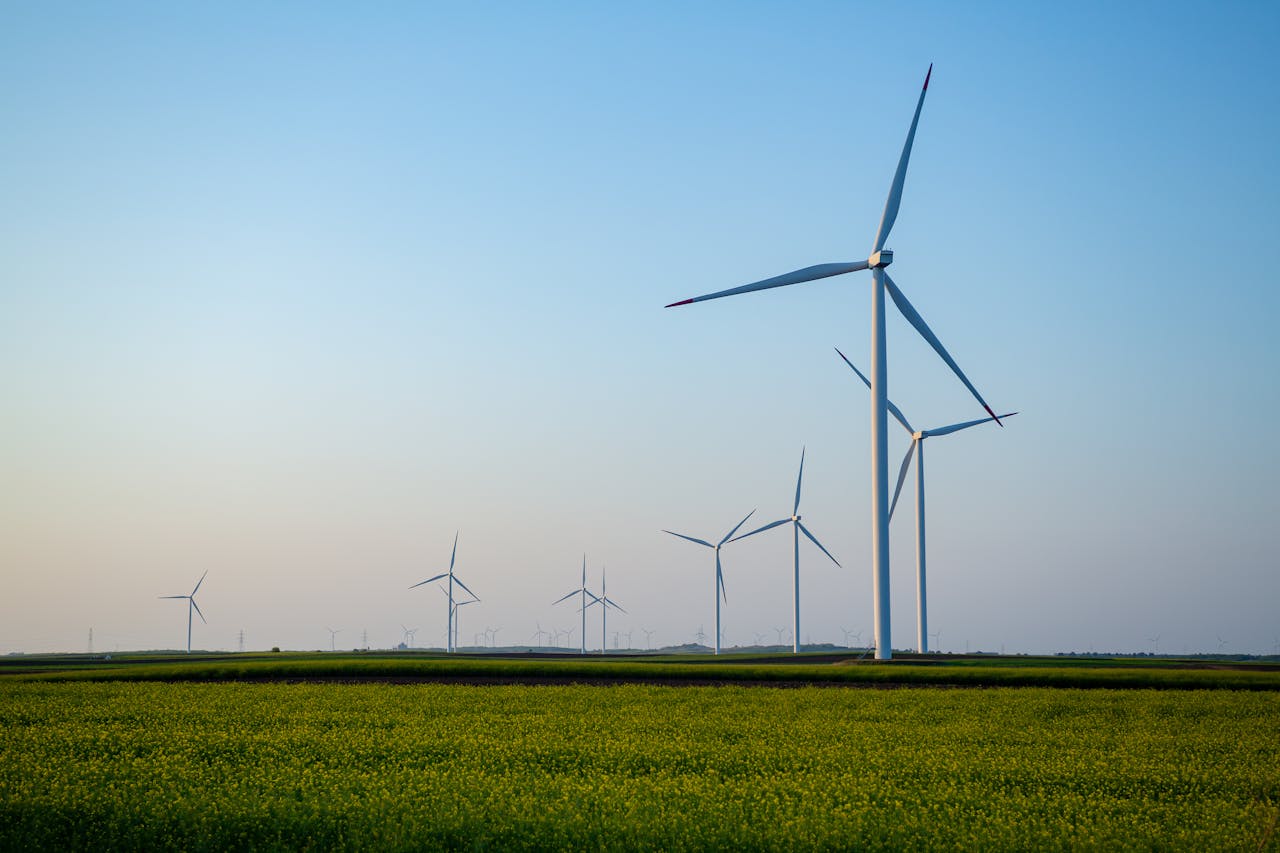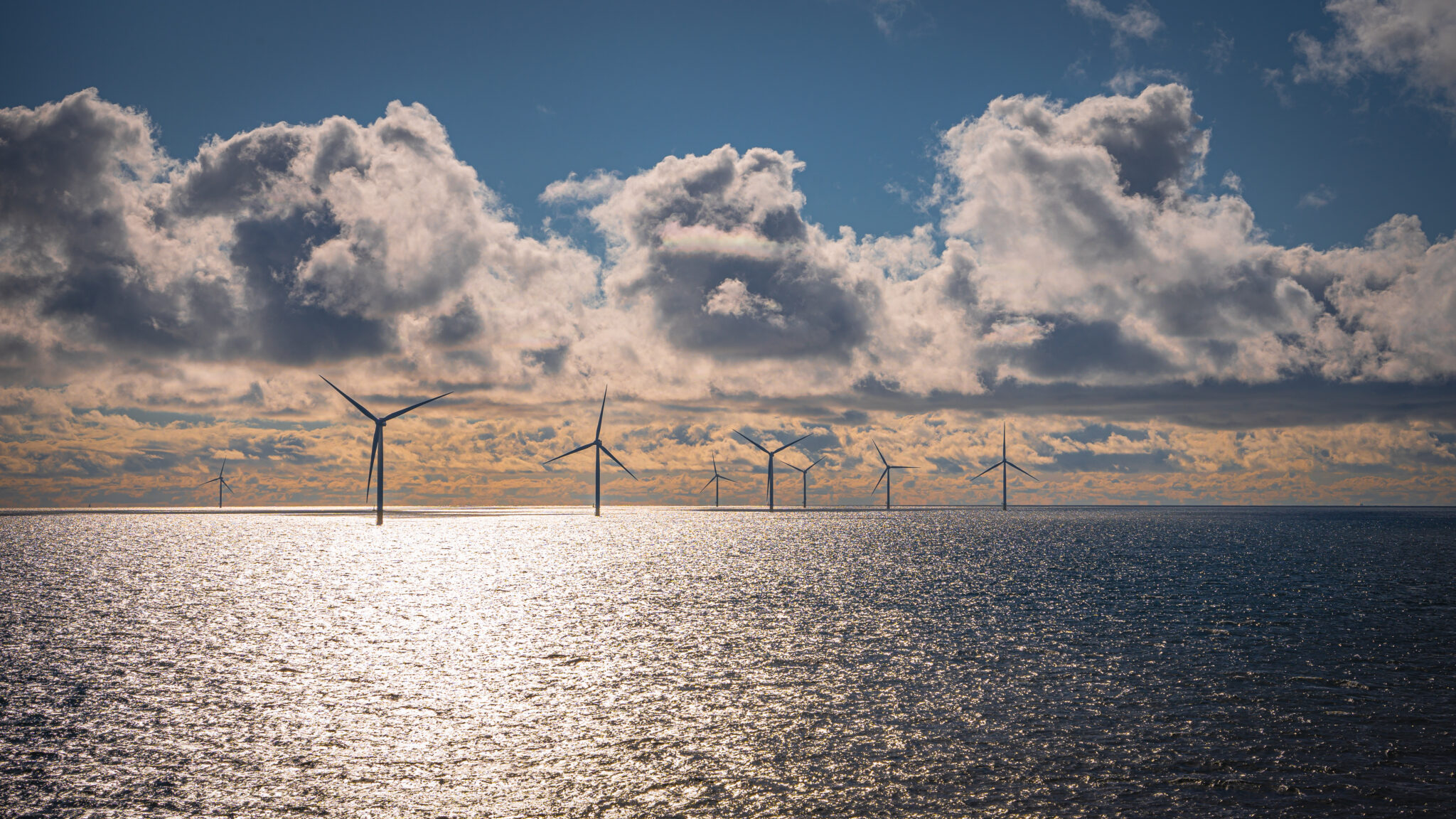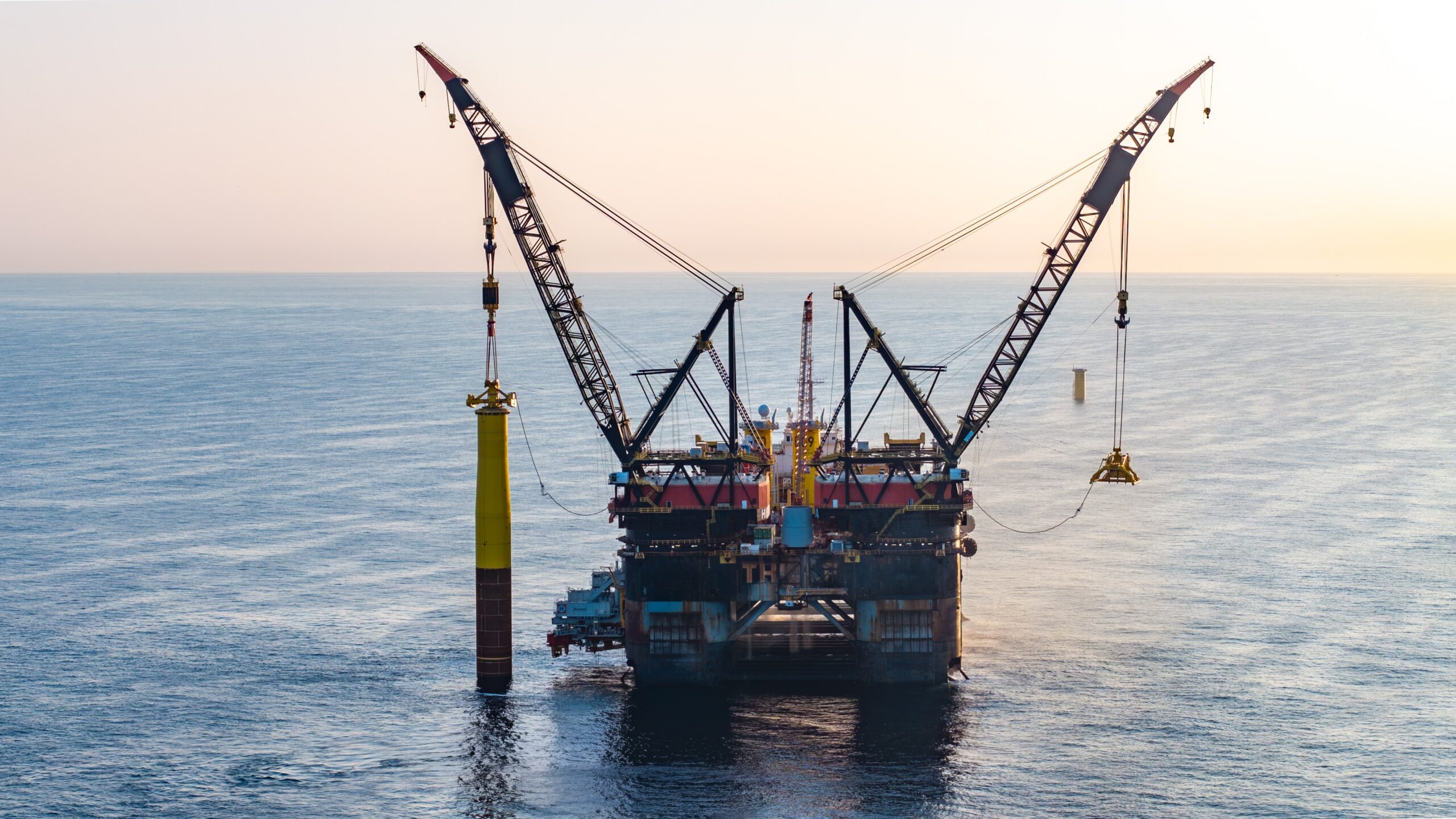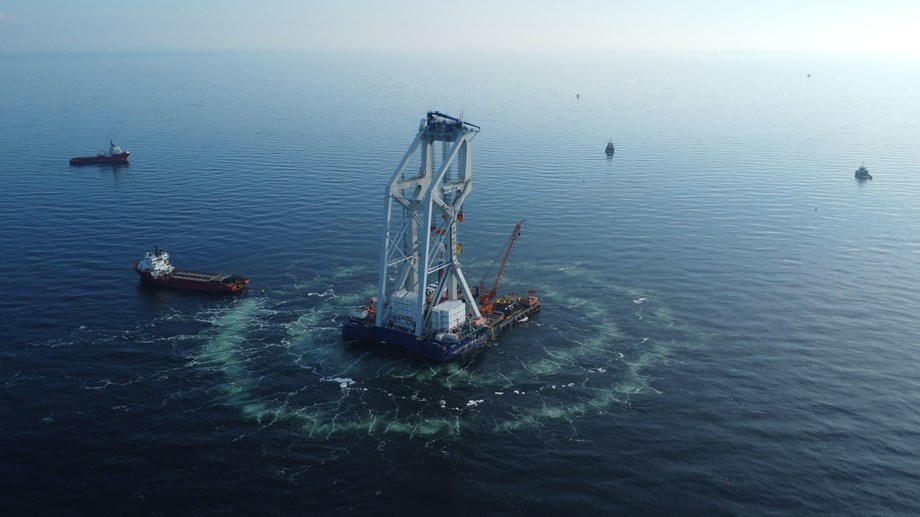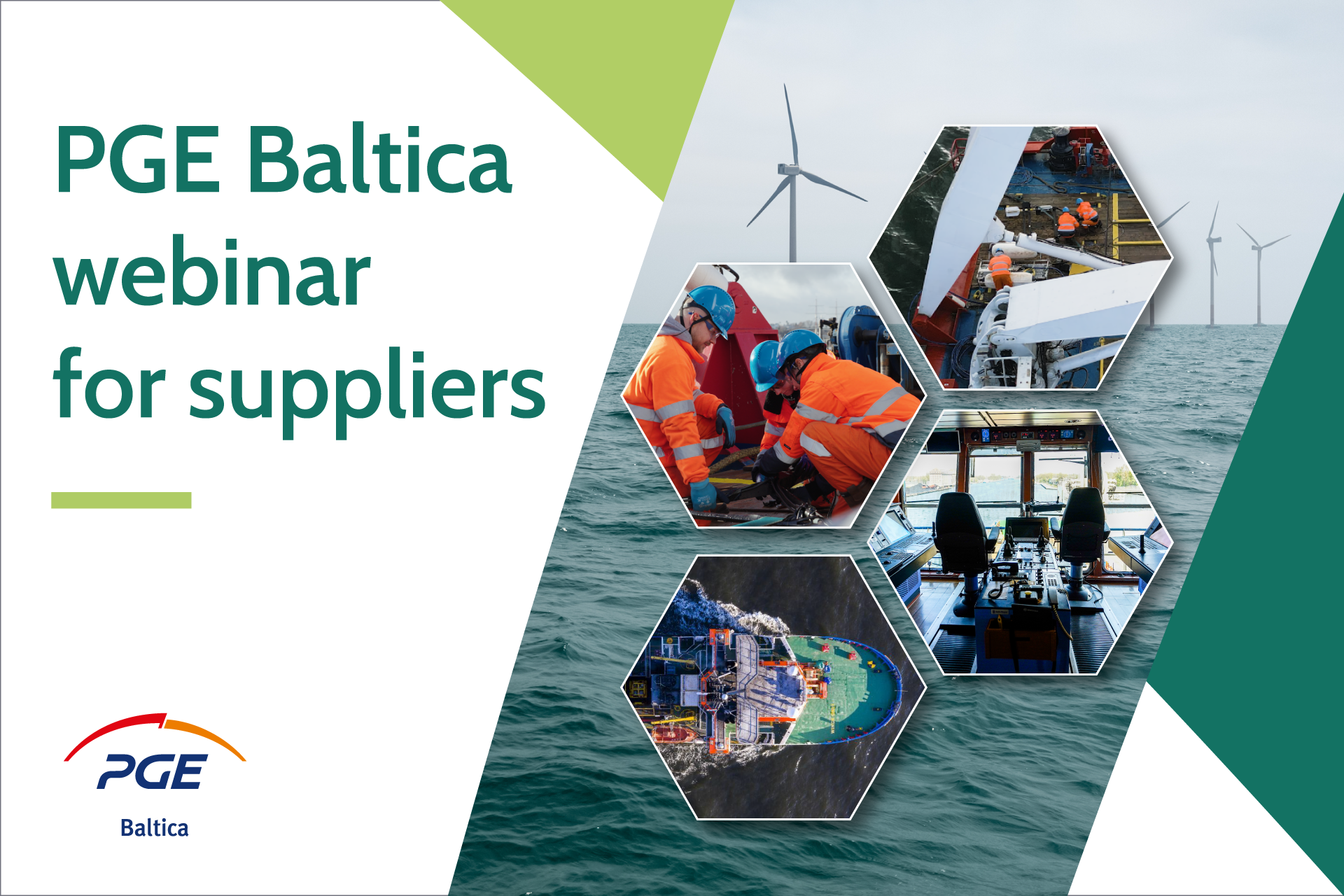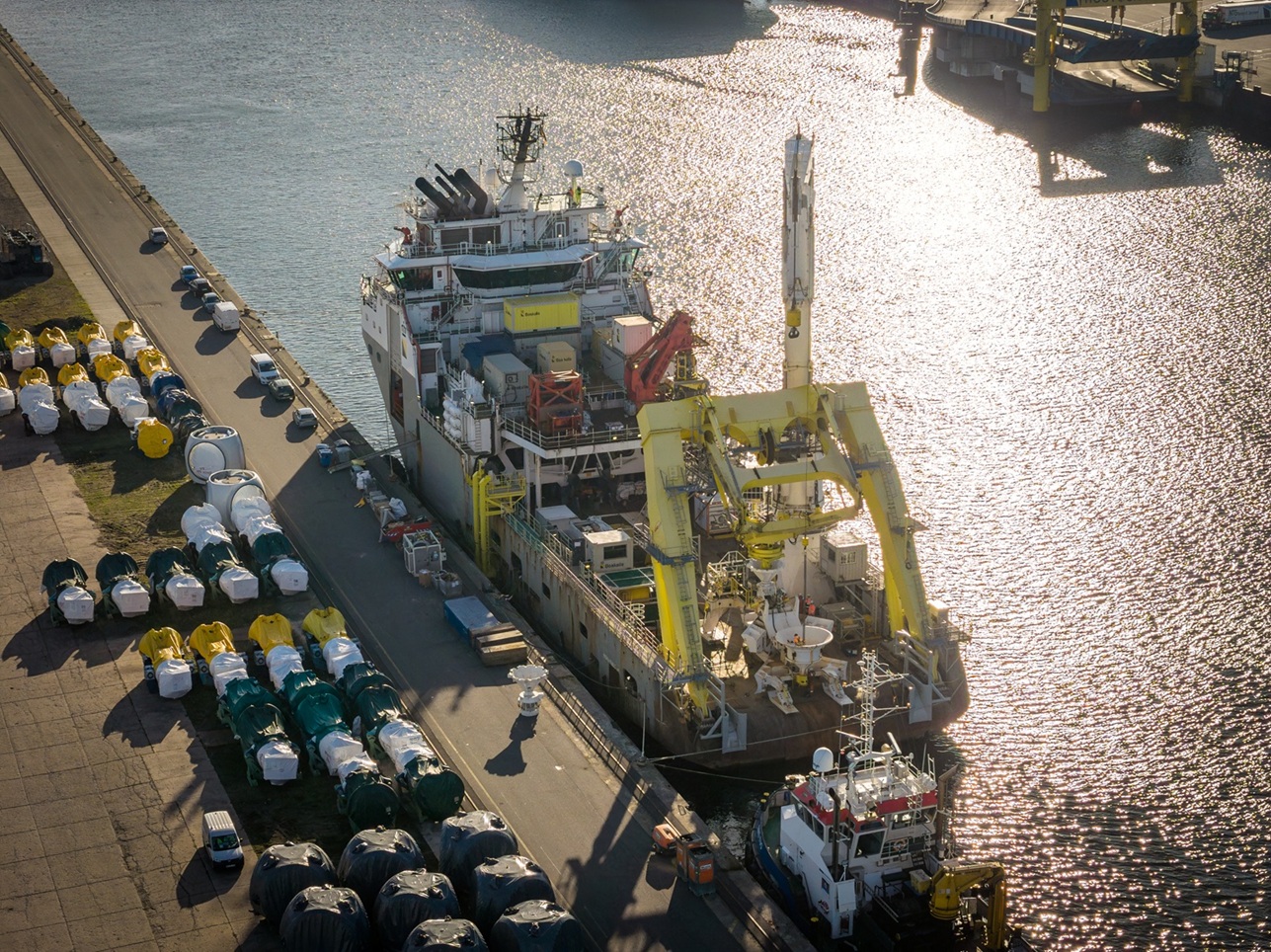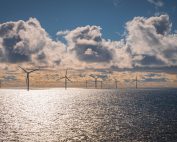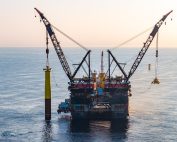IG Metall and employee representatives from Siemens Energy are concerned about the recent developments in the expansion of wind energy. They warn against unfair competition from China, which could have serious consequences for Germany as an industrial location.
At stake are not only good jobs in the wind power industry but also the energy transition as a whole and, in the long term, secure energy supplies. The German government must now respond with targeted industrial policy measures, wind farm operators must adopt responsible corporate strategies, and their procurement policies need to be reconsidered. Specifically, the employee representatives are calling for the swift implementation of the European Net-Zero Industry Act to protect domestic jobs and value creation.
The warning is prompted by the preliminary contract to order 16 wind turbines for the Waterkant offshore project, with a total capacity of 270 megawatts, from China. This would mark the entry of the first Chinese suppliers into the German wind energy market. This is problematic because the Chinese government heavily supports its wind energy companies, distorting competition. As a result, domestic manufacturers and jobs in one of the most crucial future industries are coming under pressure, and economic dependence on energy supply—a sensitive field—is increasing.
Jürgen Kerner, Second Chairman of IG Metall, stated: “After the solar industry, we are exposing another future technology to the risk of falling victim to unfair competition. This cannot be allowed to happen. If Germany wants to be a leader in green technologies, we need to shape it with clear political will. The energy crisis after Russia’s attack on Ukraine showed how critical dependence can be. We must not lose control over critical infrastructure—and energy systems are part of that. As IG Metall, we expect that system security will be prioritized in construction over the rush to grab cheap components. Wind farm operators and policymakers are responsible for adjusting tendering conditions accordingly.”
Robert Kensbock, Chairman of the Central Works Council and Deputy Chairman of the Supervisory Board at Siemens Energy, added: “We cannot explain to our colleagues how we can allow thousands of jobs to be jeopardized by unfair practices and why we are not more politically active in creating a real level playing field—meaning fair and transparent competition. Our colleagues expect to be protected from unfair practices.”
Horst Hakelberg, Chairman of the Central Works Council and Deputy Chairman of the Supervisory Board at Siemens Gamesa Germany, emphasized: “The government must protect the wind energy sector to avoid endangering tens of thousands of jobs. At Siemens Gamesa Renewable Energy alone, which is 100% owned by Siemens Energy, about 27,000 employees work in wind energy worldwide, including about 3,500 in Germany. Across Europe, approximately 300,000 people are directly or indirectly employed in the wind industry. Above all, we must not deprive ourselves of the ability to carry out the energy transition independently. New dependencies must be avoided at all costs.”
Much like in steel production and electric vehicles, China seems to be pursuing a strategy to dominate the wind turbine market and eliminate competitors. The competition from the Far East is apparently building massive, state-subsidized overcapacity to penetrate markets outside China. Today, four out of the five largest wind turbine manufacturers are already based in China. For now, production and service capacities are predominantly in the hands of German or European companies. However, subsidized Chinese competitors are already expanding their capacities in Europe and Germany.
Source: igmetall.de
